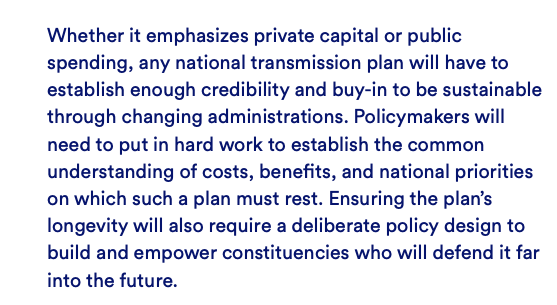
NEW REPORT + THREAD: Most middle-class people don’t realize it, but the eventual need for long-term care (LTC) will force many of them to drain their savings and face impoverishment.
This is arguably the biggest hole in the American social safety net. niskanencenter.org/how-to-fix-lon…
This is arguably the biggest hole in the American social safety net. niskanencenter.org/how-to-fix-lon…
Medicare doesn’t cover long term care expenses, forcing people to pay out of pocket unless they are poor enough to qualify for Medicaid or are among the few with private LTC insurance
A huge swath of the middle-class will be forced to burn through their savings in short order.
A huge swath of the middle-class will be forced to burn through their savings in short order.

The problem is urgent: The # of people over 85 will triple between 2015 and 2050, reports @JStein_WaPo. The # of individuals requiring long-term care is set to increase dramatically from 14 million to 24 million by 2030.
washingtonpost.com/business/econo…
washingtonpost.com/business/econo…
Past efforts to reform long-term care have failed due to the following policy traps:
❌inadequate financing
❌underdeveloped strategies for combating adverse selection
❌widespread ignorance about the scale of the problem
& more...
❌inadequate financing
❌underdeveloped strategies for combating adverse selection
❌widespread ignorance about the scale of the problem
& more...
Lawmakers have spent 50+ years struggling to devise long-term care reform in a way that
(1) improves the status quo;
(2) is politically possible.
The problems with LTC are impossible to ignore yet seemingly impossible to fix. But there are some principles for success...
(1) improves the status quo;
(2) is politically possible.
The problems with LTC are impossible to ignore yet seemingly impossible to fix. But there are some principles for success...
2). Reduce the risk of catastrophic expenses for the middle class as they face the need for long-term care.
3). Relieve state budgets. In most states, Medicaid rivals K-12 education as the biggest line item in the budget. The long-term care needs that are projected over the coming years threaten to overwhelm state resources.
4). Ease the burden on informal, unpaid caregivers. There are ~53 million family members providing an average of 24 hours of care per week and an average of $7,000 out-of-pocket annually. Many must choose between caregiving and remaining in the workforce.
So here’s a two-pronged approach to addressing the growing need for long-term care.
Short-term: Encourage states to expand home-based care settings through Medicaid’s home and community-based services (HCBS) program, rather than expensive institutions.
Short-term: Encourage states to expand home-based care settings through Medicaid’s home and community-based services (HCBS) program, rather than expensive institutions.
Long-term: Adopt a national catastrophic insurance program for seniors. Income-based premiums could cover the first 3 years of elder care needs before making them automatically eligible for Medicaid. This would relieve pressure on families +state budgets.
For decades, proposals for addressing America’s long-term care problem have been dismissed unaffordable.
But similarly situated countries have done it without courting fiscal catastrophe. How?
Full report by @RobSaldin here: niskanencenter.org/how-to-fix-lon…
But similarly situated countries have done it without courting fiscal catastrophe. How?
Full report by @RobSaldin here: niskanencenter.org/how-to-fix-lon…
• • •
Missing some Tweet in this thread? You can try to
force a refresh









